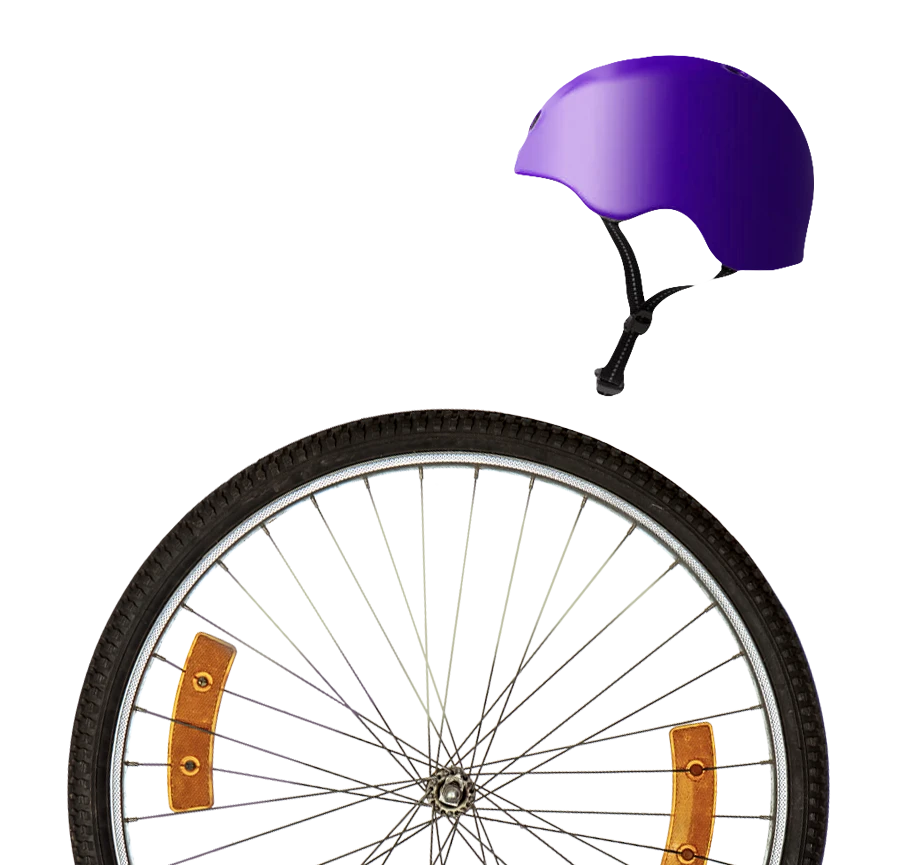What might feel like an upset stomach or a little gas could be your body’s way of saying something else is wrong.
What happens in your gut, or your gastrointestinal (GI) tract, can impact everything from your brain to your muscles. Sometimes people think that their gut just takes care of food. But it’s so much more than that! It affects things you might not ever have thought about.
The GI tract includes parts like your mouth and esophagus (throat) that take food in. It also includes your stomach and small intestine that help break down the food for the rest of your body.
All through the GI tract are good bacteria and other things that we call the gut microbiome. This complex system is one key to good gut health. And good gut health is really whole-body health.
What Is the Gut Microbiome?
Our gut microbiome is made of trillions of bacteria and other organisms. Like your fingerprints, your microbiome is special only to you. When it’s healthy, it can help:
- Strengthen muscle health
- Improve mood
- Lessen brain fog
- Decrease joint pain and swelling
- Balance vitamins
- Break down food and process fats
- Reduce some risks of diabetes
There are more bacteria in your microbiome than there are human cells! The more different types there are, the healthier your microbiome. But some things can lower the types of good bacteria in your body, like:
- Not enough sleep
- High stress
- Some medicines, like antibiotics
- Increased age
- Hormone changes
Not having enough helpful types of bacteria has been linked to problems such as gas, bloating, stomach pain, and too-watery or too-hard stools. Plus, when gut health is poor, there may be a higher risk of infections, depression, diabetes, weight gain, tiredness and more. So, the best way to support lots of good types of bacteria is through a healthy diet and exercise.

How You Can Help Your Gut
Gut health has effects far beyond the stomach walls. The GI tract links the rest of the body in three main ways:
- The gut-brain gut brain axis, or the connections that run between your gut and your brain that can change your mood and how your brain works.
- The gut-muscle axis, or how your muscles work and how big they can get.
- The gut-immune connection, or how what we eat can help fight off disease.
Nutrition and exercise are some of the best ways to improve gut health. Some of the small changes you can make to improve your gut health include:
Add fiber to your diet
You can find fiber in unprocessed whole grains (like brown rice, wheat and oats), vegetables, fruit, nuts and seeds. Most women need at least 25 grams per day, and men at least 38 grams per day.

Eat less processed food
Processed food, like fast food, tends to be lower in fiber. Changing processed food to high-fiber food has been shown to improve gut health within weeks.

Get enough sleep at night
When you get the sleep you need, this helps moderate the good bacteria in your body.

Exercise
Research shows that a little bit of physical activity each day can change how the good bacteria work in your body.

Your HMG primary care provider knows you best and is here for you every step of the way. Talk to them about how improving gut health can improve how you feel and how your body works.
Taking steps to ensure your gut is healthy will make you and your body just a little bit happier, too. Schedule an appointment today! Call 1-877-HMG-1213.







